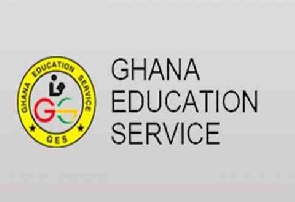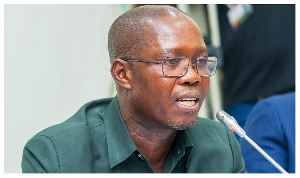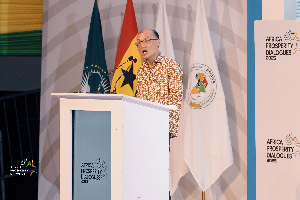Education has to prepare students adequately for the future and the society is obliged to provide the needed tools and means to make this possible.
The common assumption is that students go to school to LEARN and teachers go to school to TEACH! That is true. However, successful learning and teaching results in ACHIEVEMENT. The biggest question is: Are our students, especially those in the inner city schools or of immigrant parents achieving as they should?
In Ontario, all students are expected to achieve level 3 of the Provincial Standard in the curriculum expectations. Well, LEARNING IS FOR LIFE and any achievement in learning is for a better life.
It is said that, “What students believe about themselves and their opportunities, and what their peers and adults in their lives believe about them, significantly influence the choices they make and the degree to which they are able to achieve their goals.” How true!! Unfortunately, the Covid-19 pandemic since last school year has adversely affected students’ academic achievement.
A recent report sheds light on the adverse effect of COVID-19 school disruptions on K-12 learning. Titled, “How Kids Are Performing: Tracking the Impact of COVID-19 on Reading and Mathematics Achievement,” the report was released by a leading pre-K–12 education technology leader, Renaissance. Among its key findings, it shows that while reading performance has been average, math achievement has been more affected by these disruptions.
It must be acknowledged here that inequalities have existed in the education system before COVID-19; the pandemic just made it worse.
A recent report by the consulting firm McKinsey & Co. (USA) states that the academic achievement gaps could have a more lasting impact. We may see long-term harm to individuals and society, along with higher dropout rates. Unless there are urgent interventions and support for the most vulnerable students, we may expect greater income disparities, higher crime rates, and low economic grade of living.
In Ghana, research has shown that school closings did not impact only teachers, students and families but have had extensive economic and societal costs.
The story to be written at any school must be centered on a journey with CLEAR VISION and CLEAR MISSION. It might not be perfect, yet it is a process with better results in sight. The journey calls for determination, consistency, perseverance and absolute commitment on the part of all (both teachers and students) involved in it. For sure it is NOT an EVENT, therefore no obstacles or frustrations can prevent it from
happening!
TEACHING IS A CALLING NOT POLITICS:
According to Carol Ann Tomlinson (Education Leadership/December 2010/January 2011), what builds a solid teacher are the right setting, a sense of calling, a zeal for learning and a renewable energy source. How true! For ‘a calling is something more than a job.
It challenges us to be more than we think we can be and draw on capacities we didn’t quite know we had. A calling becomes a way of life, offering us the opportunity to affect individuals in profound, enduring way.
,b>Teachers, like nurses are called to SAVE LIVES!
Unfortunately, some governments are playing politics with students learning taking undue advantage of the Covid-19 pandemic. Ghana had its share of the Covid-19 politics with our schools just before the December 2020 Presidential and Parliamentary elections in the country.
However, the incumbent government after the ‘surprising results’ of the elections has appointed a new Minister for Education who is now leveraging support from all Ghanaians to make the current school successful as much as possible.
The story in Ontario-Canada is troubling. Though educators in this province have done an amazing job teaching remotely during the pandemic, and they have had significant successes under incredibly challenging circumstances this past year, the Ontario government is undermining the efforts of teachers here to improve students’ achievement during this difficult time of COVID-19.
Online learning has played a part in delivering lessons to students at home during the pandemic and even some parents have opted for it as schools went back to in-person learning. However, we need to be cautious that we don’t see individual anecdotal experiences as evidence that remote learning will work for any student who chooses it - and this is the plan the Ontario Ministry of Education is proposing.
We need to consider the long-term impacts on the mental health and wellness of students and teachers, the short-term and long-term funding implications, and how this will impact all students across Ontario.
Teachers, students, parents and the government must come together to work to improve students’ achievement everywhere. We must take note of Henry Ford’s quote on TEAMWORK, that; “Coming together is a beginning. Keeping together is progress. Working together is success.”
Opinions of Wednesday, 31 March 2021
Columnist: Joe Kingsley Eyiah



















